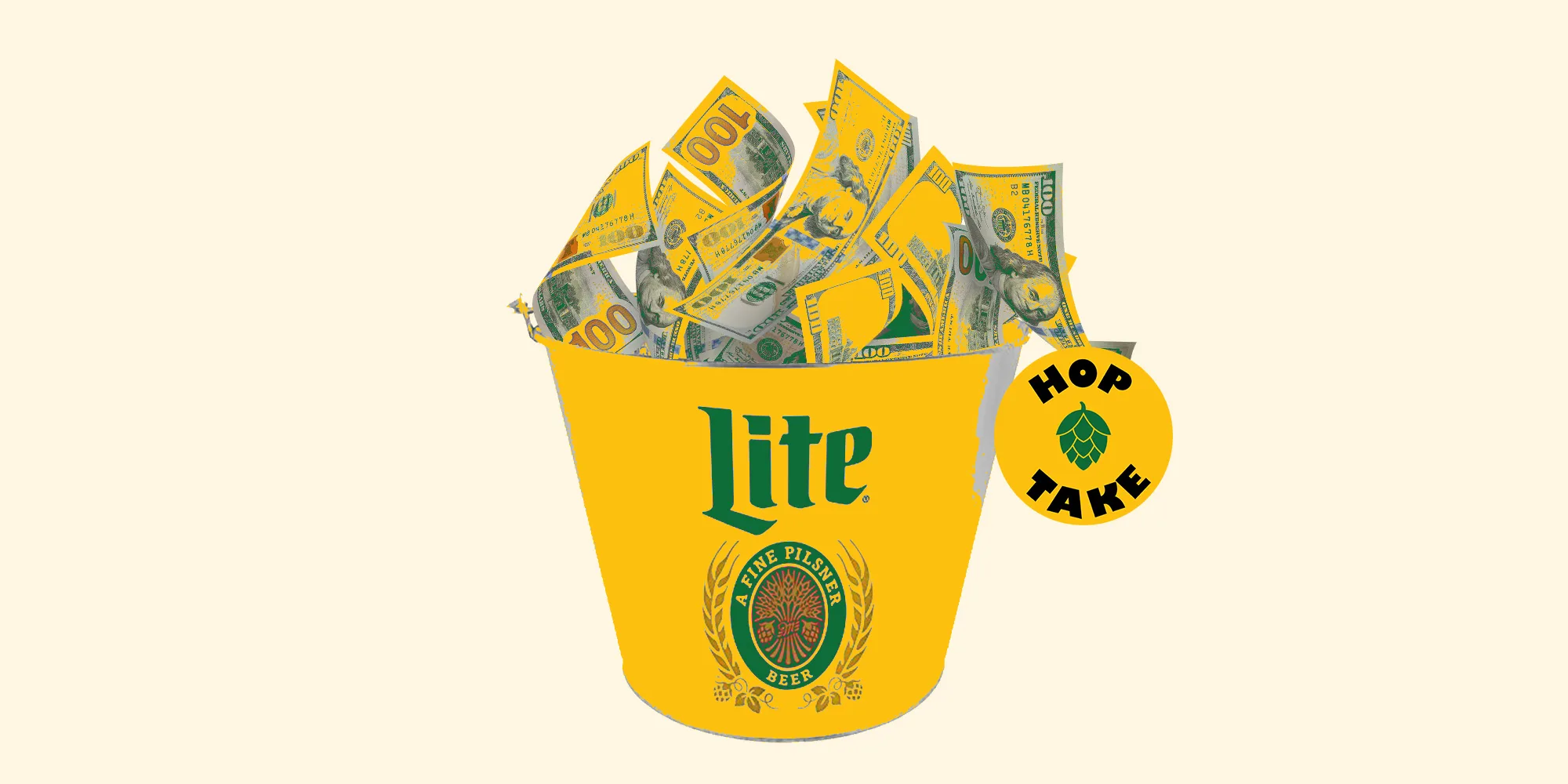It is normally our pleasure here at Hop Take to ignore the vulgarities of high finance, as we are often concerned with more pressing matters like the fall of draft beer and the rise of non-alcoholic hard seltzer. But as we went to press with last week’s column about Blue Moon’s upcoming rebrand, news broke that the beer’s parent company, Molson Coors, was planning to move some numbers around — 2 billion, to be exact.
That’s the size, in dollars, of the stock buyback program the macrobrewer signaled last week in New York at its “strategy day” with investors. “[O]ur expected compelling free cash flow generation supports reinvestment in value creation,” chief financial officer Tracey Joubert said in an official release announcing the move, which she characterized as part of a “balanced and cohesive approach of prioritizing capital allocation among investing in our business, reducing net debt, and returning cash to shareholders.” The buyback is effective immediately and will take place over the next five years.
For rank-and-file members of the American drinking public, this probably reads like impenetrable corporate gibberish. It is! But even though this move shouldn’t have much, or any, effect on the flow of the “beverage company’s” beverages down the national gullet, it’s worth trying to decipher, because it signals some broader truths about shifts in the United States’ beverage-alcohol industry, and Molson Coors’ changing place within it.
The first thing it signals is that things are going pretty well for Molson Coors lately. Struggling companies





